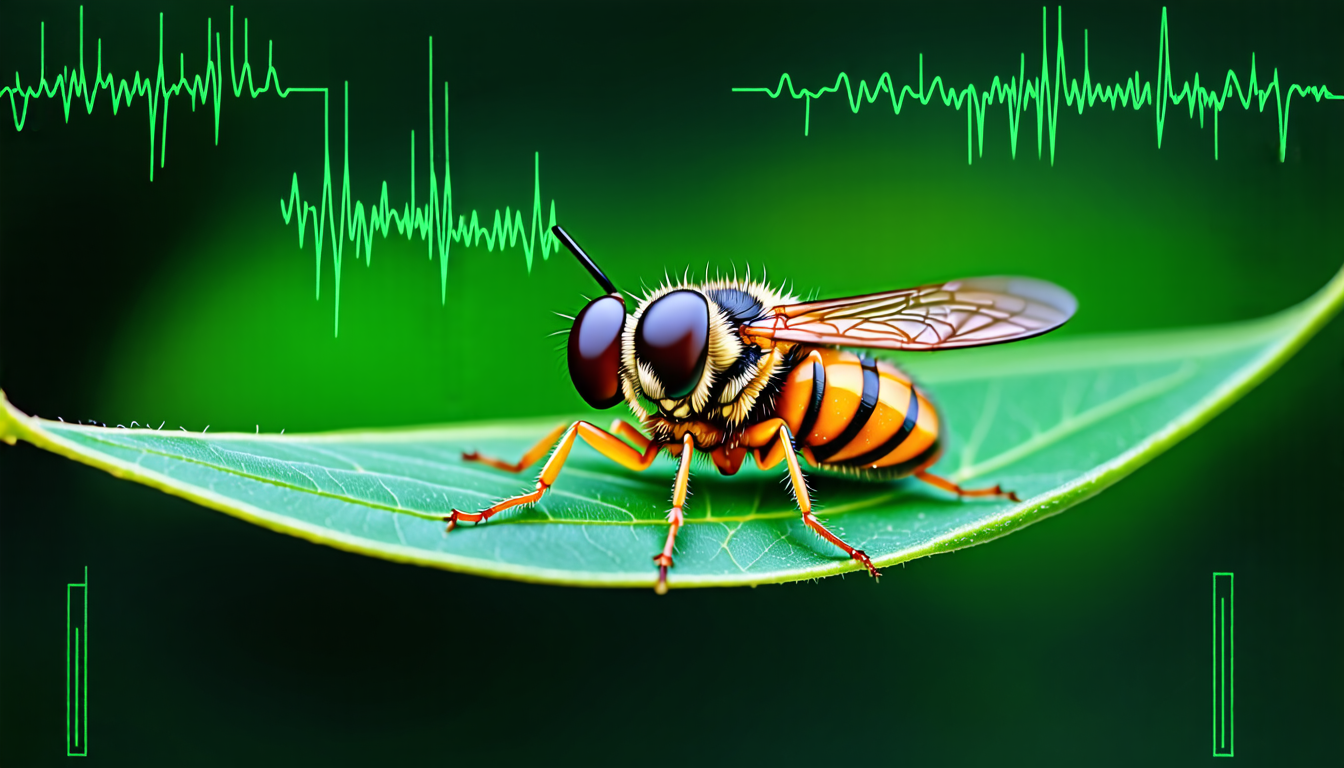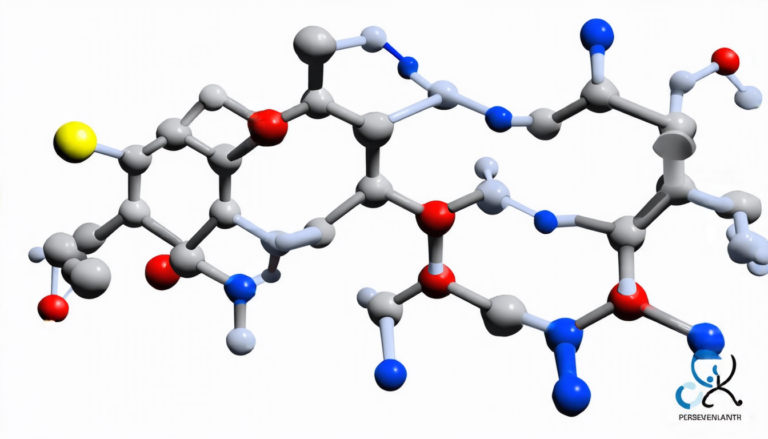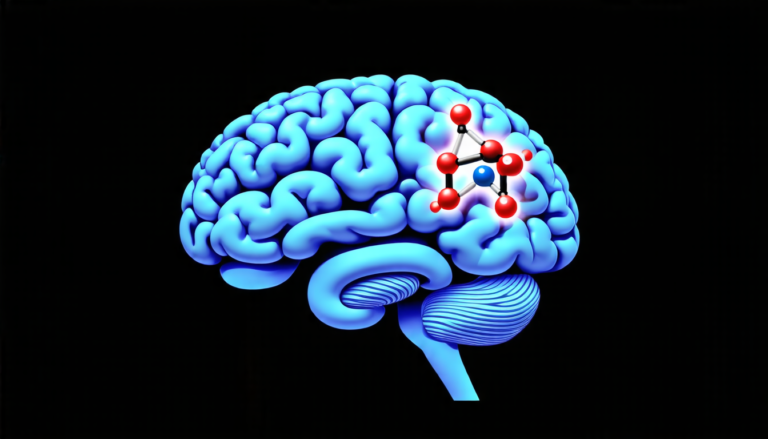Friday 11 April 2025
Researchers have made a significant breakthrough in understanding the complex relationship between sleep and Alzheimer’s disease. By studying the sleep patterns of fruit flies, scientists were able to identify a key regulator of sleep stability that is also linked to the progression of Alzheimer’s.
The study found that a protein called monocarboxylate transporter 2 (MCT2) plays a crucial role in regulating sleep-wake cycles and that its dysfunction can lead to changes in sleep patterns. MCT2 is responsible for transporting ketone bodies, which are an alternative source of energy for the brain, into neurons.
The researchers used a technique called RNA interference to silence the gene that codes for MCT2 in fruit flies and observed significant changes in their sleep patterns. The flies that lacked MCT2 had disrupted sleep-wake cycles and spent more time awake during the day than they did at night.
Furthermore, the study found that increasing the levels of ketone bodies in the brain can help to restore normal sleep patterns in flies with MCT2 dysfunction. This suggests that targeting MCT2 or its downstream effectors could be a potential therapeutic strategy for treating sleep disturbances associated with Alzheimer’s disease.
The findings also shed light on the role of metabolism in sleep regulation and the potential consequences of metabolic dysfunction on brain function and behavior. The study highlights the importance of considering the interplay between metabolism, sleep, and cognition in understanding the pathophysiology of neurological disorders like Alzheimer’s.
In addition to its implications for Alzheimer’s research, this study has broader significance for our understanding of the complex relationships between sleep, metabolism, and brain health. By exploring these interactions, scientists may uncover new therapeutic targets for a range of neurodegenerative diseases.
The research provides further evidence that fruit flies can be a valuable model system for studying human disease, particularly in the context of Alzheimer’s research. The findings demonstrate the potential of using genetic manipulation to study complex biological processes and identify novel therapeutic strategies.
Overall, this study represents an important step forward in our understanding of the relationship between sleep, metabolism, and Alzheimer’s disease, and highlights the potential benefits of a more integrated approach to understanding brain function and behavior.
Cite this article: “Unlocking the Secrets of Sleep: A Breakthrough in Understanding the Connection Between Ketone Bodies, Metabolism, and Alzheimers Disease”, The Science Archive, 2025.
Alzheimer’S Disease, Sleep Patterns, Fruit Flies, Mct2, Ketone Bodies, Rna Interference, Neurodegenerative Diseases, Metabolism, Brain Health, Therapeutic Strategies







